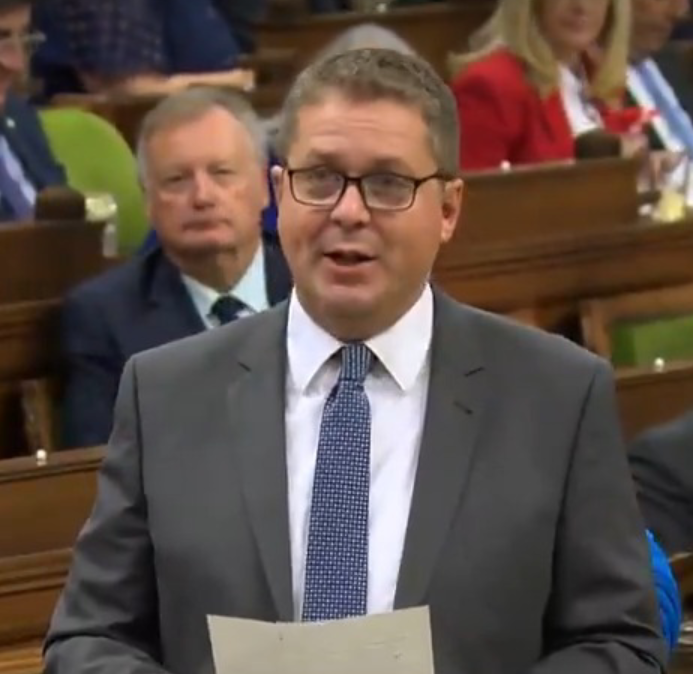

In the heart of Africa’s most populous nation, a silent tragedy continues to unfold, largely unnoticed by the global community. Nigeria, often celebrated for its rich culture, booming entertainment industry, and influential role on the continent, has become one of the deadliest places in the world to be a Christian. The statistics are harrowing: over 7,000 Christians killed, 3.5 million displaced, and three churches destroyed every single day. These numbers are not abstract figures—they represent shattered families, destroyed communities, and a people living in constant fear for their lives and faith. Yet, despite the scale of this crisis, the international community remains disturbingly quiet, offering little more than occasional condemnations while millions suffer in silence.
The persecution of Christians in Nigeria is not a recent phenomenon, but it has escalated dramatically over the past decade. Attacks by extremist groups, bandits, and armed militias have become almost routine, targeting villages, homes, schools, and most devastatingly, churches. In many rural communities, believers gather to worship with the haunting awareness that it could be their last act of faith. Places once regarded as safe havens of peace and spiritual solace have become death traps. Congregations that once rang with hymns now echo with silence, their sanctuaries reduced to ashes by the flames of intolerance and hatred. Every day, three churches are destroyed—symbols of faith crushed under the weight of violence that the world barely acknowledges.
The displacement of 3.5 million Christians tells another side of the story. Behind this staggering number are mothers who fled into the night with their children, fathers who lost their homes and livelihoods in seconds, and entire communities uprooted, forced into makeshift camps where survival itself is a daily battle. Families who once lived in harmony with their neighbors now find themselves in dire humanitarian conditions, stripped of the basic dignity of shelter, food, and safety. Children, some of them orphans, grow up in trauma, robbed of education and stability, while their elders mourn the destruction of centuries-old traditions and communal bonds.
What makes this crisis even more devastating is the sheer indifference with which it is met. The world watches Nigeria’s political instability, its economic struggles, and its elections, but barely blinks at the unrelenting wave of religious violence. Governments issue statements of concern, international organizations raise reports, but effective intervention remains glaringly absent. For those on the ground, this silence feels like betrayal. It is as though their suffering is not worth the outrage, their plight not worthy of the same urgency the world has shown in other crises. The double standard is painful and dangerous, as it signals to perpetrators that they can act with impunity.
The victims of this ongoing persecution are not mere statistics; they are human beings with dreams, aspirations, and unshakable faith. There is the story of young girls kidnapped from schools simply because they bore Christian names, forced into marriages and conversions against their will. There are accounts of men executed in front of their families for refusing to renounce their faith, of entire villages wiped out in coordinated night raids. Each attack leaves a trail of horror and grief, but also of resilience. Survivors often return to rebuild, clinging to faith as their only source of strength. Their courage is both heartbreaking and inspiring, a testament to the unyielding spirit of a people who refuse to let terror define their existence.
The Nigerian government has faced criticism for its inability—or unwillingness—to protect its Christian citizens. While some attacks are blamed on extremist groups such as Boko Haram and Islamic State-affiliated militias, many others are attributed to armed herdsmen who target Christian farming communities. In countless cases, perpetrators are never apprehended, and justice is elusive. This culture of impunity only emboldens attackers, leaving victims with little faith in the system meant to protect them. Calls for stronger action, both domestically and internationally, have been met with bureaucratic delays and political excuses, even as blood continues to stain the soil of the nation.
The silence must end. The persecution of Christians in Nigeria is not an isolated problem; it is a humanitarian catastrophe and a global moral crisis. To ignore it is to deny the humanity of millions who are being slaughtered, displaced, and silenced for their beliefs. It is to allow intolerance to grow unchecked, to normalize violence against the faithful, and to stand complicit in one of the greatest human rights violations of our time. Nigeria is on the frontlines of a battle for religious freedom, and the outcome of this struggle will have consequences far beyond its borders.
Breaking the silence means more than issuing sympathetic statements. It means amplifying the voices of the persecuted, documenting their stories, and ensuring the world knows the magnitude of what is happening. It means urging governments and international organizations to apply real pressure on Nigerian authorities to protect their citizens, prosecute offenders, and dismantle extremist networks that thrive in lawlessness. It means humanitarian aid for the displaced, education for traumatized children, and reconstruction support for communities that have lost everything. Most importantly, it means standing in solidarity with the victims, reminding them that they are not forgotten, and that their faith has not been in vain.
For far too long, the blood of innocent Christians in Nigeria has been spilled without consequence, their suffering relegated to the margins of global concern. But silence is not an option, not when three churches are erased from existence every day, not when 3.5 million souls wander as displaced refugees in their own land, and not when over 7,000 lives have already been taken by this reign of terror. The world must wake up to the reality that a faith community is under siege and act with the urgency this crisis demands.
History will judge how we responded to this unfolding tragedy. Will it be remembered that the global community turned its back, prioritizing political convenience over human lives? Or will it be remembered that humanity rose to the occasion, speaking for the voiceless and defending the persecuted with courage and conviction? The choice is ours to make.
Nigeria’s Christians cannot continue to suffer in silence. Their blood cries out for justice, their displacement cries out for compassion, and their faith cries out for solidarity. It is time to break the silence, to stand for truth, to defend freedom, and to act before more lives are lost and more dreams are extinguished. The world must not ignore this persecution any longer—because every life matters, and every church burned to the ground is a burning reminder of our collective failure to protect the vulnerable.
Watch the video
What Christians are experiencing in Nigeria is devastating!
— Patrick Bet-David (@patrickbetdavid) October 2, 2025
More Christians are killed in Nigeria than in the rest of the world combined.
125,000 Christians have been killed in Nigeria since 2009.
Watch👇🏾
pic.twitter.com/iCNWYIQM7R

